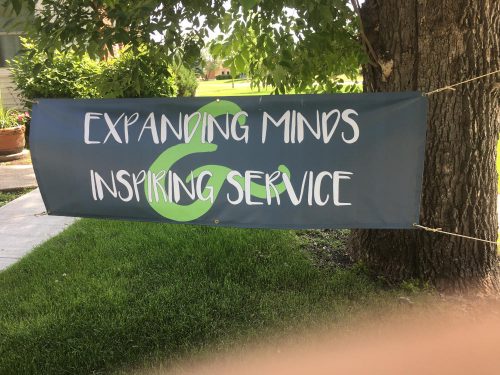This is a lovely video of a man handling a black widow spider. Really, they aren’t interested in biting you, anymore than you would care to sink your teeth into a mountainside you’re climbing over. You do have to be gentle, though.
I’ve had spiders crawling on me in the lab, and my advice to students is simple: don’t panic, lead them to where you want them to go, and they’ll do you no harm.








